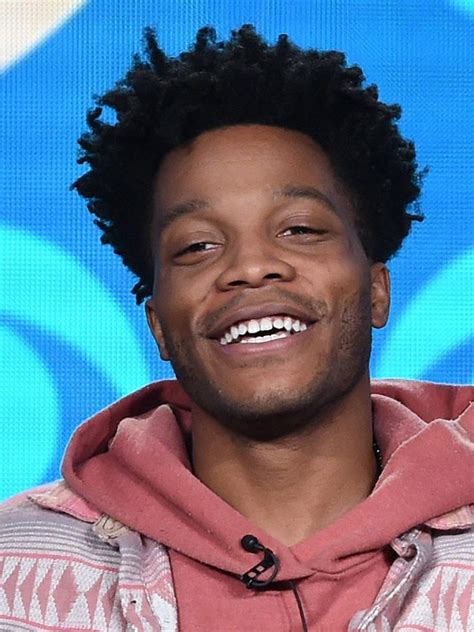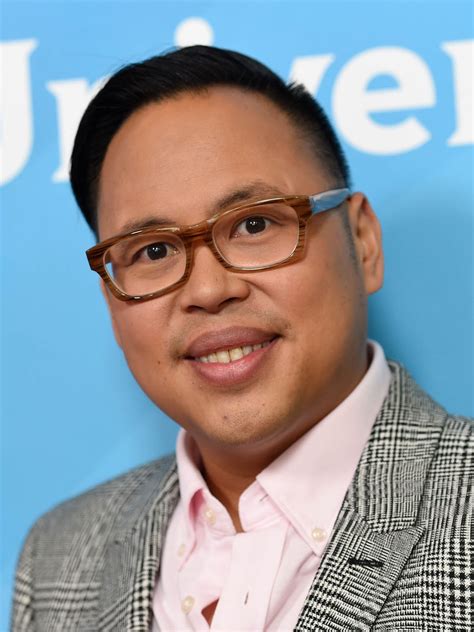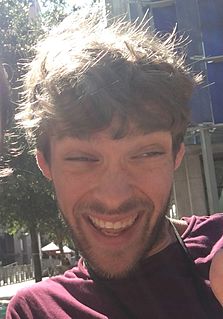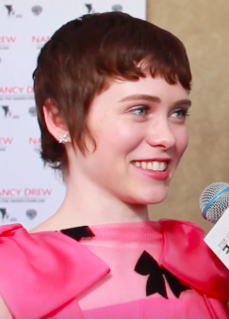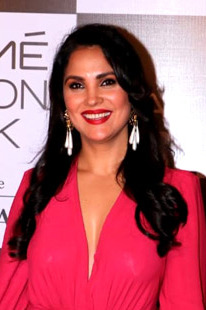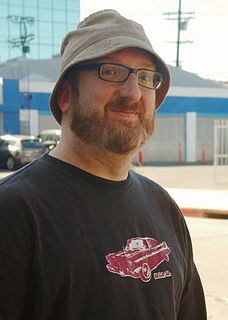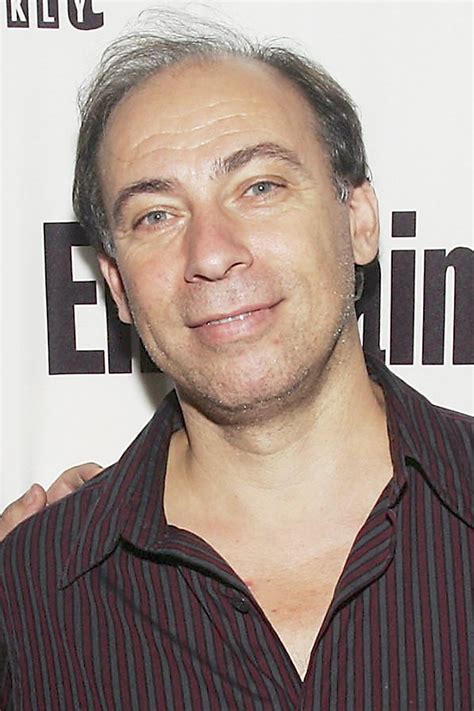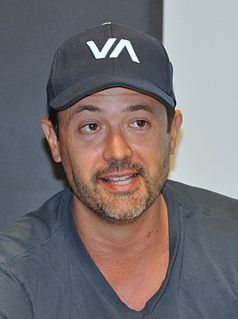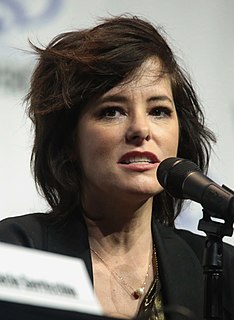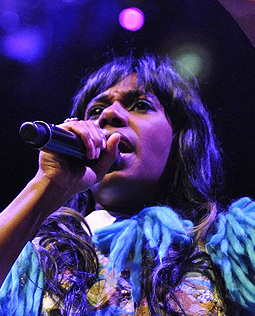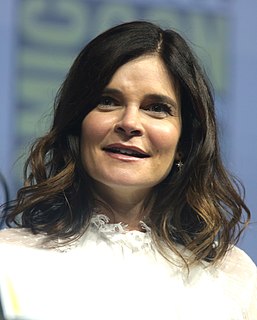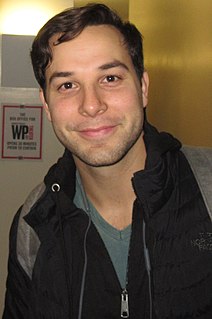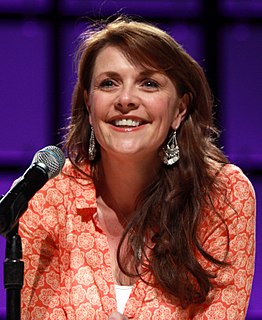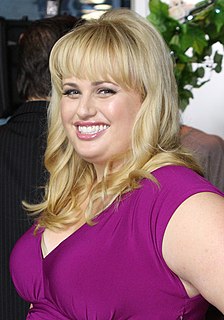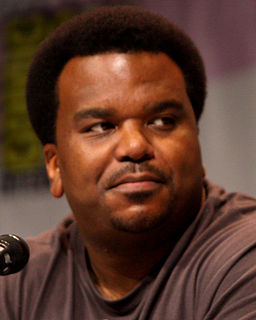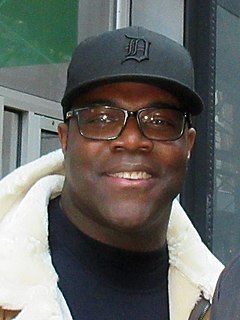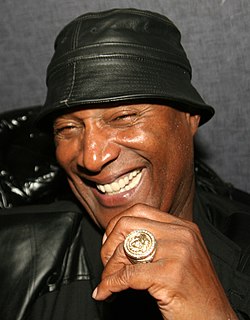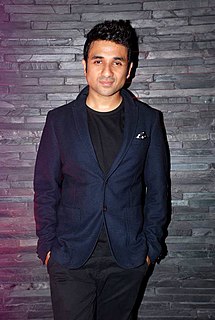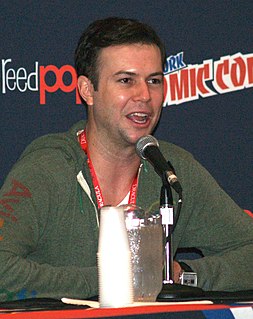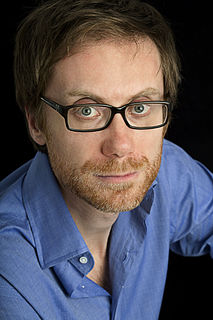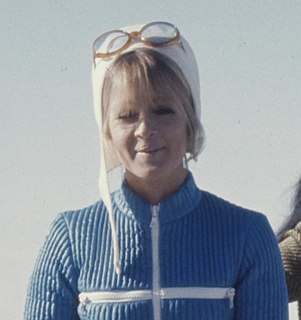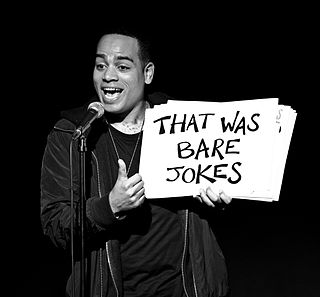Top 1200 Best Comedy Quotes & Sayings - Page 15
Explore popular Best Comedy quotes.
Last updated on December 18, 2024.
The funny thing about The West Wing is - and I don't know what Aaron Sorkin says about it - but I'm convinced it was a comedy. It's a very intellectual and cerebral comedy, but it was SportsNight in the White House. It had an energy and a vitality and an intelligence and a passion that's rare. And it was extremely difficult to do, because they were so demanding about the dialogue.
I had always drawn, every day as long as I had held a pencil, and just assumed everyone else had too…Art had saved me and helped me fit in…Art was always my saving grace…Comedy didn’t come until much later for me. I’ve always tried to combine the two things, art and comedy, and couldn’t make a choice between the two. It was always my ambition to make comedy with an art-school slant, and art that could be funny instead of po-faced.
When I was a little kid, I was a huge fan of 'The Kids in the Hall.' They were like my boy band. I was obsessed with sketch comedy. Being raised Christian, I was somewhat sheltered from the more radical high-art world. So to me, comedy was where people got to express themselves in an abstract way. It was a big part of my growing up.
I've always been a fan of comedy, and I understood from a young age that what makes most comedy work is the immediacy of first person experience. I'd spent a lot of time from 1995-1998 focusing almost exclusively on poetry, and it's an incredibly difficult form in which to achieve a sustained comic tone unless you're Alexander Pope.
I started playing instruments before I started making beats, and I was never the best guitarist or the best pianist or the best drummer. And when I started making beats, I was not the best beatmaker, and when I started making hooks, I was not the best vocal melody person. When I first started rapping, I wasn't the best rapper at all.
Comedy in the past hasn't spoken to women because it wasn't written by women, and male writers don't make women three-dimensional characters. Too often, women just facilitate the man's comedy: they're not crazy; they're not funny. But women are as vulgar as they are elegant, as stinky as they are smelling of eau de parfum.
As a woman, she [Penelope Cruz] obviously has changed as she has become an adult. But, as an actress, I actually might say that she has not changed that much. And she has something great, especially in comedy, and she hasn't been exploited as much as she could be in comedy, but particularly in that mix between comedy and drama. She's got a very special quality about her. You can place her in very extreme situations, especially very painful situations, in terms of how her character interprets it. And sometimes, the deeper and more human that pain is, the better she is at it.
When in a movie like 'Housefull' you have to create comedy out of falling on a glass table or jumping from huge heights, it's all action, but packaged as comedy. Here you don't just have to perform a heavy-duty action sequence, but you have to make it look funny and that is really difficult. But it's fun... and I really enjoy it.
It's always the girl comedy and the guy comedy. It bums me out. You'd think there'd be a progression, from James L. Brooks and Nora Ephron into more subtle humor and behavior and psychology. All these interesting things people can learn about themselves by watching talented writers comment intelligently on someone else's emotional life.
The best athlete wants his opponent at his best. The best general enters the mind of his enemy. The best businessman serves the communal good. The best leader follows the will of the people. All of the embody the virtue of non-competition. Not that they don't love to compete, but they do it in the spirit of play. In this they are like children and in harmony with the Tao.
I came from the Groundlings Theatre in L.A., and there, you're guaranteed to at least try something out in front of an audience. At 'SNL,' only the best stuff gets picked, and it's taught me a very defined language of comedy. You learn the structure of a joke, which is not something I was very good at beforehand.
To me, Fight Club was a comedy. When [David] Fincher sent me the book and I read it, the first thing I asked him was, "This is a comedy, right?" he said, "Yeah, that's the whole point," and I said, "Okay, I'm in." I certainly wasn't imagining myself as a dramatic actor when I was running around in my underwear in that film.
Here's a woman, a real pioneer for other women looking for careers in stand-up comedy. And talk about guts - she would come out here and sit in this chair and say some things that were unbelievable - where you would have to swallow pretty hard... but it was hilarious... the force of her comedy was overpowering.
When you wrap up your self-worth with your talent, and suddenly you might not be the most talented, that's really scary. And I think that fear is in part why I turned to comedy because I had no expectations of being a comedian. It was exciting to get good at something where I wasn't afraid of not being the best.


